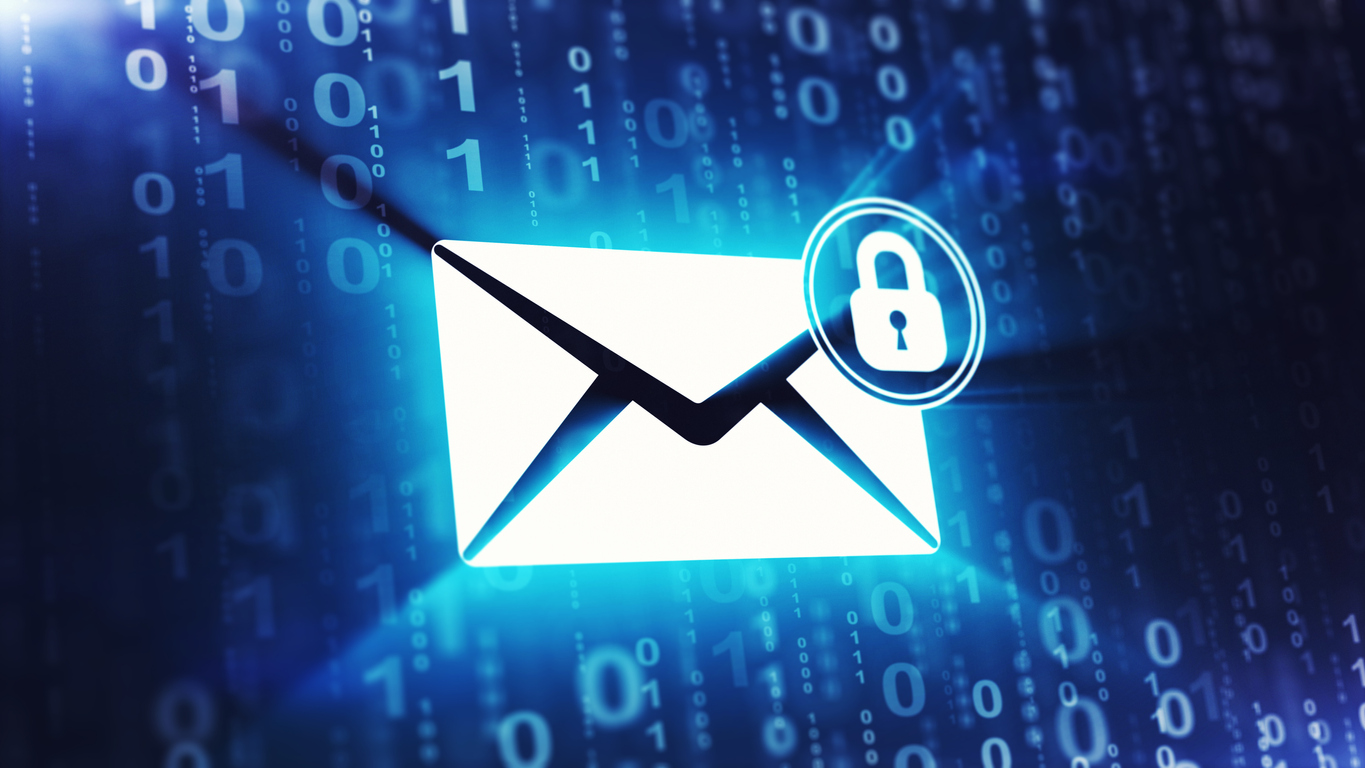Email is essential to the success of any business. It has become the fastest, easiest way of communicating and affords you the opportunity to represent your business in a positive light. However, without proper security, your email can serve as an entry point for hackers to compromise your data and damage your network.
Nearly 100 percent of malware comes through email, so it is important your network is safeguarded with strong enough email security to withstand an attack and a staff that knows how to spot and avoid such schemes and scams.
Malware through email comes in many forms, but here are five threats to email security you and your staff should become familiar with.
1. Phishing and Spoofing
Phishing (or spoofing) sounds fun — but when it comes to your email, it’s anything but. Hackers coax their victims into revealing sensitive information and personal data by sending things such as fake invoices or fraudulent emails regarding their bank account or antivirus software. Phishing attacks are getting more sophisticated by the day, making these scams harder to spot.
2. Spear Phishing
Rather than going after a large, random group of people, a spear phishing attack is aimed at a specific target. Hackers who use spear phishing often spend time doing research on a company or organization and their schemes are more complicated than those associated with regular phishing.
3. Ransomware
This attack can cripple a business and do irreparable damage to your reputation. Ransomware occurs when hackers take control of your data and threaten to not give it back until a specific sum of money is paid. Occasionally, hackers will alert your clients and vendors that they have their data as well in the hope that they put even more pressure on you to pay. This is known as a ransomware triple threat.
4. CEO Fraud
You get an email from the director of HR asking you to re-enter your bank account number to ensure you get paid on time, or another email from the director of IT asking for your password so they can run an update on your machine. Sounds legit, right? Not so fast. CEO fraud is when hackers impersonate executives or other high-ranking employees in a company to get their hands on personal information and data. The FBI reported CEO fraud cost its victims more than $26 billion from 2016-2019.
5. Malicious Attachments
During this attack, hackers send employees an email with an attachment. Be it out of curiosity or fear, employees tend to open these emails, which can infect a company’s network with malware or ransomware.
There are many ways for cybercriminals and scammers to gain access to your network, and that includes your email. It’s important to not just have strong cybersecurity, but to also safeguard your cloud email security and cloud email services and train your employees to not open unfamiliar links or attachments.
Sawyer Solutions can help too. We are currently running a no-cost security assessment to gauge whether your network can withstand an attack or breach, and then work with you on how to make it even stronger. We also offer training opportunities to help turn your employees into your strongest line of defense. Contact us today to learn more!
